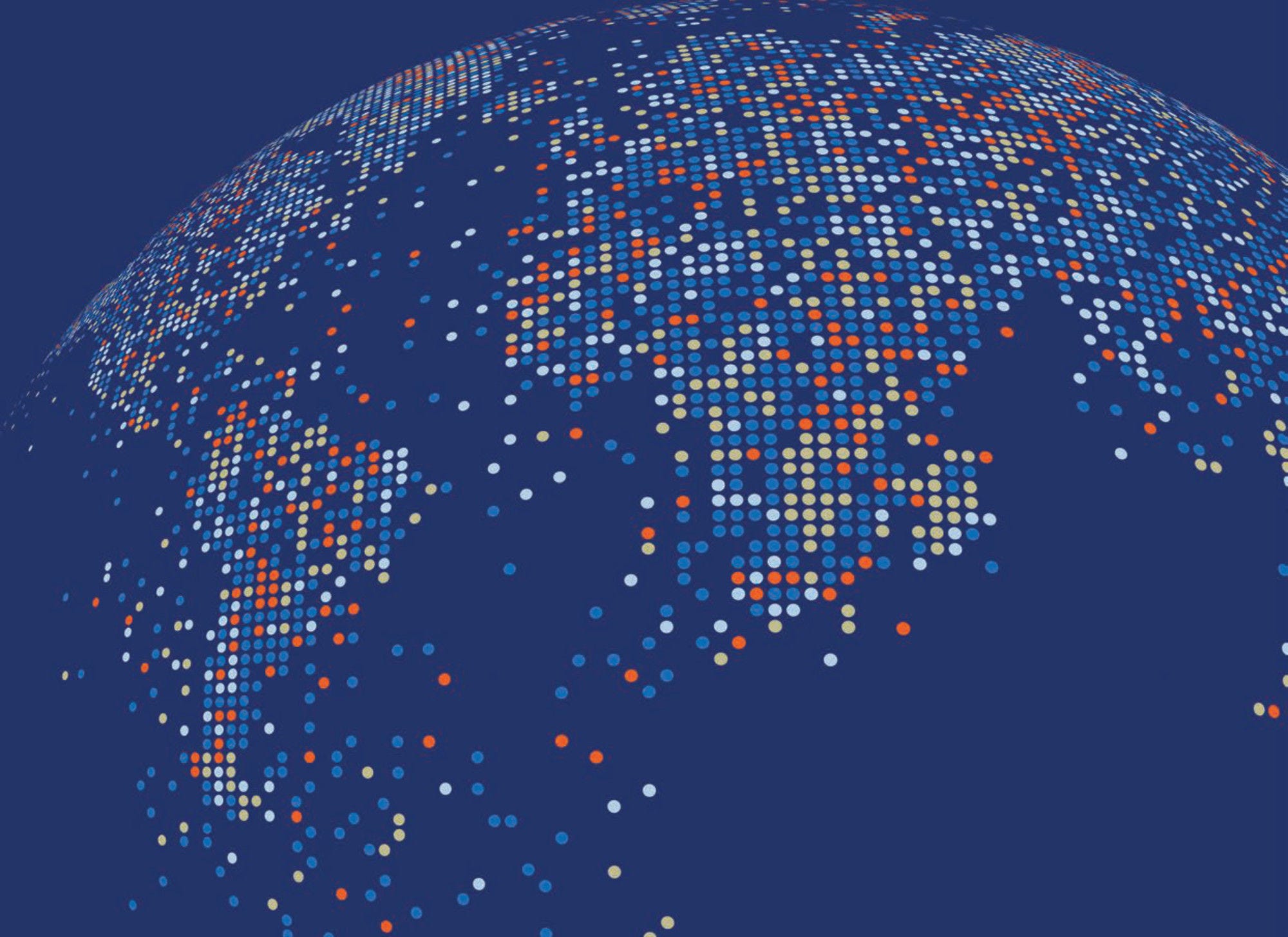Digitalisation is a lifeline for those lucky enough to have the Internet during the COVID-19 pandemic. It improved access to social protection payments, health care, jobs and education. At the same time, the COVID-19 crisis highlighted our dependence on the digital world. It exposed the vulnerability of countries falling behind in digital infrastructure, affordability, use, skills and innovation. As many as 2.9 billion people around the world – especially women and girls – are missing out on the benefits of digital transformation.
We’ve seen that digitalisation helps more than just during a crisis. It has the power to fast-track development and leapfrog solutions. Mobile banking for those who never had access to a bank account is a great example. Without policies and investments to promote access and affordability, we squander the power of digitalisation and allow the digital divide to make achieving the Sustainable Development Goals (SDGs) even harder.
This digital divide makes inequality worse. The vast majority of the world’s unconnected people live in low- and middle-income countries. 87% of people in Europe use the Internet. In Africa it is 33%. Women in developing countries are 15% less likely than men to use mobile Internet. And access is not the only issue. We know that the transformative power of digital technology is sometimes misused, too often in ways that reinforce inequality and exclusion. It is no surprise that women and children bear the brunt of online harassment and abuse. And while digital transformation is shaking up labour markets, the media and politics, giving new voice and agency to many, it is also being used to compromise democracy, freedom of speech and human rights. Digitalisation is a double-edged sword: used for both good and ill.
Digitalisation is a determinant of progress towards the SDGs. Private initiatives and multinationals from a handful of countries drive its evolution, but the value of universal connectivity and digital public goods is widely understood. Everyone has a stake in the digital transformation that connectivity makes possible. Everyone must do more to unlock the opportunities afforded by digital technologies and tackle the challenges they pose. For low- and middle-income countries, maximising the development benefits of digitalisation and minimising the risks requires whole-of-government efforts domestically, and co-operation and collaboration globally. All governments must strive for better alignment between national, regional, and global standards and regulations for the safe and sustainable use of globalised technology. Public and private stakeholders must work together to ensure that investment, infrastructure and technology align to help achieve the SDGs, with safeguards and checks on power.
The United Nations Secretary-General’s Roadmap for Digital Cooperation provides an overarching framework for the international community to do better. The OECD Going Digital initiative supports convergence between advanced and developing countries on digital transformation, expanding access and use of technologies and data. The initiative helps understand and manage the complexity of digital transformation by providing frameworks, principles, norms and standards. It focusses on international knowledge sharing and lesson learning, consistent with SDG 17 on the global partnership for sustainable development.
Demand for co-operation is rising. Action is intensifying. Working with developing-country partners, the OECD Development Assistance Committee (DAC) plays a unique role in bridging the digital divide with official development assistance and other support. As this report shows, DAC members must work together if they are to help harness the positive power of digital transformation.
Development effectiveness principles – country ownership, partnership, a focus on results, transparency and accountability – must guide us through the complexities as we support digital transformation. This means aligning efforts with national digital strategies, avoiding standalone technology transfer projects, encouraging innovative partnerships with the private sector and supporting effective regulatory mechanisms. At home, DAC members can shape digital policies that help low- and middle-income countries by promoting inclusive policies and robust norms and standards. DAC members can also help developing country partners participate in global standard setting so that their needs and challenges are heard and understood.
We won’t narrow the development divide without narrowing the digital divide. We have the tools to hardwire inclusiveness into the digital transformation of our world. We need to power up and get to work.

Susanna Moorehead
Chair,
Development Assistance Committee

Jorge Moreira da Silva
Director,
Development Co-operation Directorate
